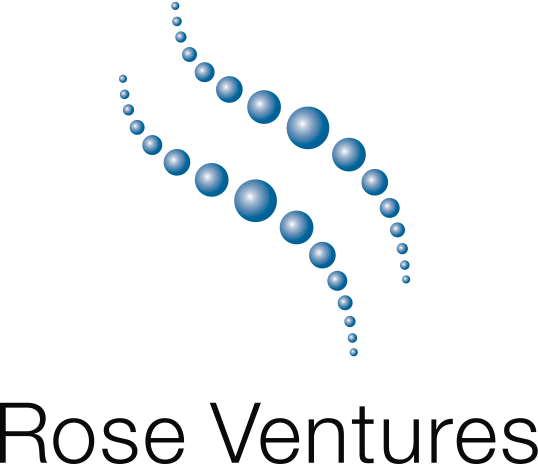Embracing Diversity
I began the introduction to my book “Can’t Tame a Mongoose” as follows:
“Our world is unimaginably complex and beautiful. In biological systems this complexity reveals itself in its near-infinite variation in living organisms and the continual creation of unpredictable new variants. Similarly, every business is unique, every interaction between two companies idiosyncratic. Situations occur routinely that no one could have anticipated. If a fundamental truth exists, it is that much about life remains unknown and the future is difficult to predict. It’s thus beneficial to have a healthy respect for things we don’t yet know, understand, or expect.”
Technology based ventures are multidisciplinary in nature. Even if the technological basis of the product or service being offered doesn’t depend on expertise in many fields, one still needs access to talent in manufacturing, distribution, marketing, sales and support. These ventures thus require the combined efforts of people with different skills and perspectives. This is especially important when trying to navigate life’s inevitable unexpected events, where the entire team must urgently adapt to something they never anticipated. The broader the range of knowledge and viewpoints at their disposal the better.
Working with people from diverse backgrounds has always been comfortable for me, and has been a common characteristic of all of my business ventures. This was partly due to the nature of the community in which I grew up; to the friends, neighbors and groups I was exposed to during my formative years; to having traveled extensively throughout my life and lived in many different places; and to the values instilled in me by my parents and other family members who became role models, including cousins, aunts, uncles and grandparents.
One such person is my uncle, Dr. Sidney Diamond. With an insatiable drive to pursue his passion (like a mongoose!), Sid recently became the oldest contributor to a published article in the history of Science magazine. He is a wise man who regularly surprises me with insights I hadn’t considered, facts or citations I didn’t know, or questions that encourage me to think differently. His Science paper is quite an achievement, and I’m extremely proud of him.
One of Sid’s lab mates, Izzat Jarudi, recently published the following opinion piece in Cambridge Day:
The main point of the article speaks to the ability of a diverse group of academics to work and thrive together based on shared goals, vision and values, regardless of any other personal attribute. They have embraced one another and become a “tribe,” choosing to work beside like-minded people from very different backgrounds. I’ve experienced a similar relationship between colleagues (“teammates”) in academic, industrial and social environments.
Part of the impetus for Jarudi’s article was to showcase an example of how a diverse group of people can work together towards a common goal during a time when much of the local and world news concerns confrontations between people with different backgrounds. The story doesn’t provide a solution to the complex problems that are causing sadness, anger and division in places such as the Middle East, Ukraine, and Sudan. It does, however, offer some hope in these troubling times by showing that under the right circumstances people from diverse backgrounds can find ways to live and work together to their mutual benefit.
As I stated at the top, the combination of diverse perspectives and areas of expertise is often critical for the success of multidisciplinary endeavors, whether in academia, business, or other aspects of life. It recently occurred to me that the perpetuation of all life forms relies on a similar strategy, as evidenced by the immense diversity of living organisms, and the molecular mechanisms underlying this diversity. The objective is to increase the likelihood that new variants of a species, or the emergence of entirely new species, enables adaptation to a constantly changing environment with no prior knowledge or expectation as to what change might occur or when. This is the basis for evolution, and provides compelling evidence of the benefits derived from embracing diversity - especially when it is necessary to respond to inevitable unexpected events.

